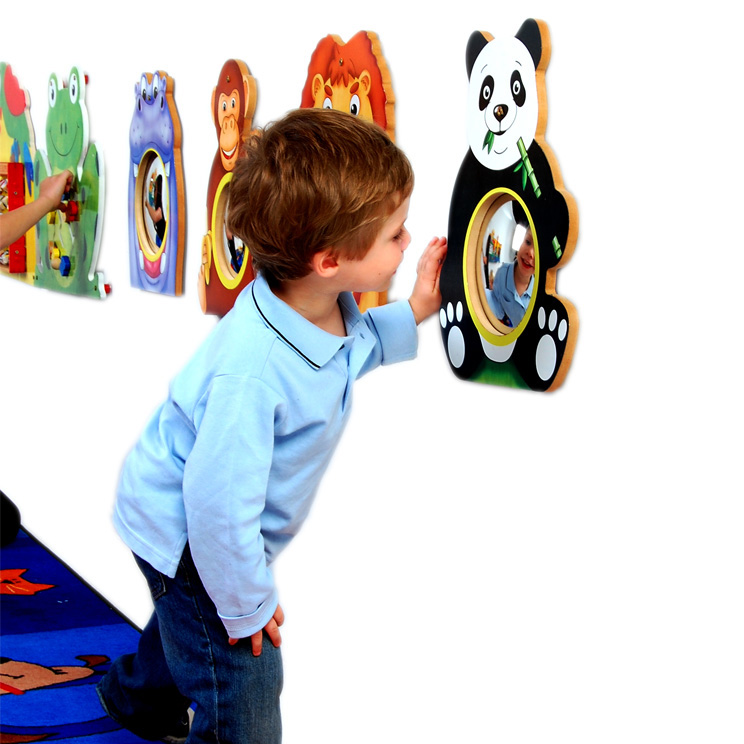Friendship Counts with Kids with Autism
In the new television series Parenthood, we meet a boy named Max and his parents, who are coming to grips with Max’s diagnosis of Asperger’s syndrome. His parents are frustrated and overwhelmed with Max’s behavior. Finally, they hire a behavioral therapist who has a special way of not only teaching Max how to be more social, but she also helps his mom release the constant stress that haunts this mysterious disorder.
You may think that you don’t know enough about autism to help a family like Max’s, but the simple act of friendship is critical no matter the circumstances. However, give and you shall receive is a core principle of building healthy relationships. You have a lot to give to a family affected by autism, but they also have something to offer you. We can’t close our eyes to these needs, because as we come alongside of these kids we experience new purpose in our own lives. But no one said it would be easy.
A simple shopping trip used to result in a meltdown for my friend Caleb Bundy (9). He would fall to the floor, screaming and slapping his honey-blond head. His senses became overwhelmed in busy, noisy stores. Caleb was born with chromosome deletion which resulted in global delay and a secondary diagnosis of autism. However, after four months of therapies such as social scripting and behavior modification, Caleb was able to enjoy shopping with his mom and brother.
I’ve enjoyed spending time with Caleb, but the first time I came to his home he kept his distance. He watched me when he thought I wasn’t looking. He didn’t respond to my questions, or want to give me a hug when I left. But I wasn’t discouraged. I knew that in time, if I let Caleb lead the way, I could show him love by being his friend. On a recent visit, we had a breakthrough. I entered his house with a gift box that I sat on the floor. His curiosity drew him to the package, and soon we were both sitting on the floor touching the bright colored paper. Then, he lost interest and wandered into his room, waiting to see if I would follow. I did and took the chance to sing softly with the rhythm instruments from his toy box. At dinner, Caleb watched me and smiled when I included him in the conversation. He played with the wooden cars from the gift box. After his bath, Caleb snuggled next to me on the couch, putting my arm around his shoulder. As the family played a word game, he joined in with single-word answers, surprising us all. Caleb’s actions showed me that he felt loved and accepted, which was an answer to my prayers.
Joni Eareckson Tada, founder of Joni and Friends International Disability Center (and my boss), suggests at least four benefits you will receive as you form relationships with those with disabilities:
I have found this to be true in my life. I challenge you to make it your goal to meet one person with autism and take steps to become his or her friend. It is just that simple. By Pat Verbal National Autism Awareness Month in April is a great time to educate yourself about autism. Joni and Friends has created an excellent new resource that can help. Making Sense of Autism is a two-part TV episode by Joni and Friends that takes you into the lives of families affected by autism to witness their joy and frustrations. It includes videos and study guides that can be taught as a half-day seminar or a four-week series. Hosted by Joni Eareckson Tada, it features advice from parents, pastors, experts and teachers who are addressing the issues of autism. To learn more visit www.joniandfriendstv.org.
Pat Verbal, Manager of Curriculum Development
Joni and Friends Christian Institute on Disability
pverbal@joniandfriends.org
This content was originally published here.
